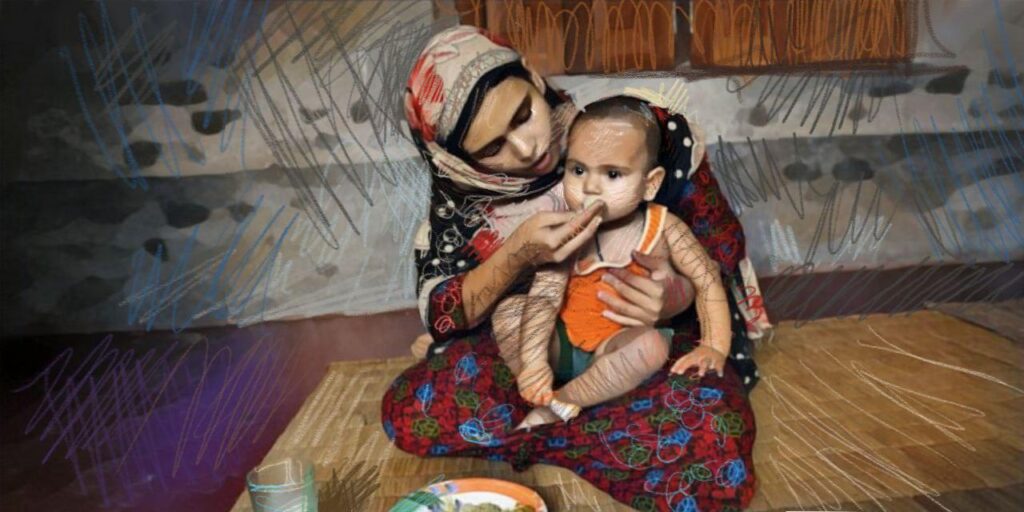The Jogorku Kenesh, Kyrgyzstan’s parliament, has approved a bill in its second reading to impose fines for insult and libel on the Internet. Initially criticized for its steep penalties, the fines have been reduced fivefold following public backlash.
The bill was first introduced to the parliamentary committee in June. Public dissatisfaction arose over the high penalties it proposed, which included fines of 100,000 KGS ($1,200) for individuals and 200,000 KGS ($2,400) for legal entities.
Kyrgyz Ombudsman Jamilya Dzhamanbaeva was among the first to voice opposition, arguing that the fines were “unreasonably high” and violated the principle of proportionality. Media representatives also demanded public consultations, emphasizing that laws affecting citizens’ rights and media freedom require parliamentary hearings under Article 115 of Kyrgyz law.
Responding to the widespread criticism, lawmakers amended the bill to reduce the fines by 80%.
“It is every citizen’s absolute right to criticize the authorities. But every criticism must have a ‘red line’ that no one is allowed to cross. Constructive criticism should never be perceived as an offense by government bodies,” said social activist Alisher Tashmatov, speaking to The Times of Central Asia. Tashmatov supported the need for libel laws, pointing out that false information, particularly targeting high-ranking officials during election seasons, is a growing concern in Kyrgyzstan.
Guli Almambetova, former head of the Bishkek City Hall press service, shared her perspective, having faced numerous online insults during her tenure. While unpleasant, she said such criticism often provided valuable insights into municipal shortcomings.
“This kind of unflattering feedback helped us analyze the performance of city services and address specific issues,” Almambetova explained. Known for her blunt social media commentary, she also acknowledged that her sharp exchanges with citizens spurred her to establish press services within municipal agencies to handle complaints more constructively.
Almambetova stressed the importance of balancing responsibility and freedom of expression: “A system of accountability for one’s words is essential. Citizens should channel their grievances about poor public service through proper contacts. That’s how we grow as a society and find the balance between insult and constructive criticism.”
Until such a balance is achieved, however, the state is adopting stricter measures to curb online hostilities toward public officials and institutions.









